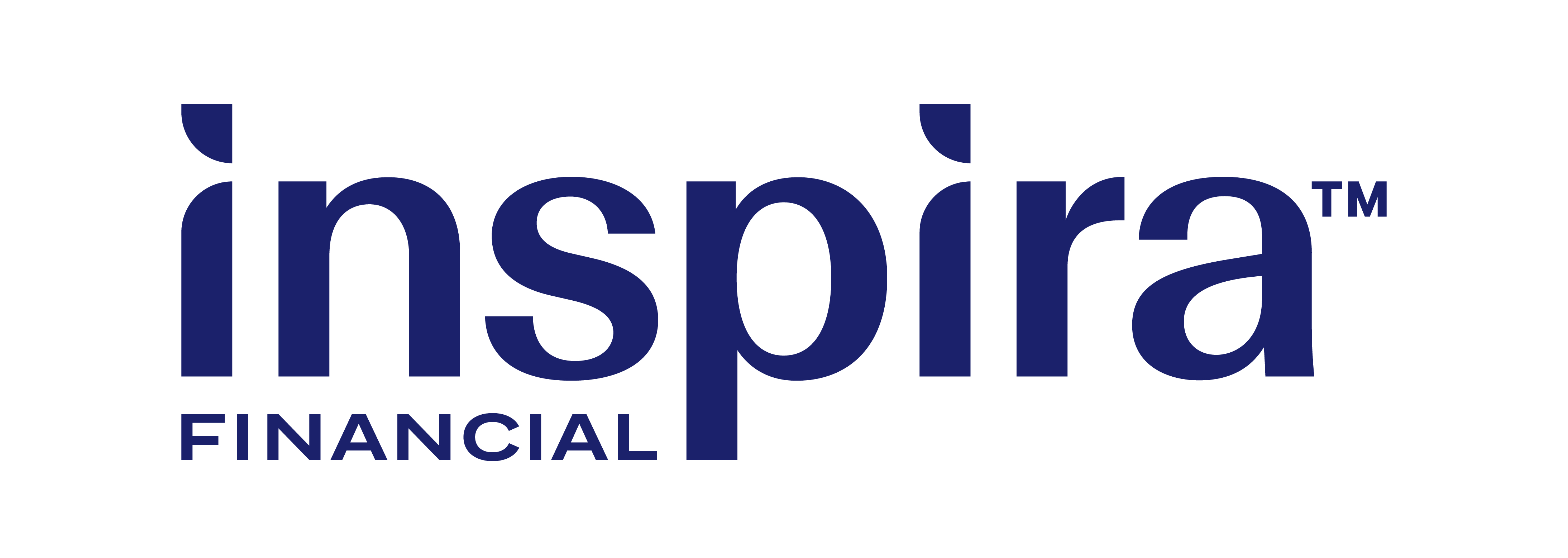Flexible Spending Accounts


Flexible Spending Accounts (FSAs) administered by Inspira Finanical help you save money by allowing you to pay for certain types of health care and dependent care expenses on a pre-tax basis. You decide how much money to put aside each pay period to cover these expenses up to the maximum. This amount is then deducted from your pay before taxes and deposited into your FSA. When you need money to cover an eligible expense, you can get reimbursed using a variety of reimbursement methods. Remember to always keep your receipts.
Claims must be incurred prior to 12/31/2025 or date of termination, whichever is earlier. To file your 2025 claims, you will have until 03/31/2026. Any unclaimed funds will be forfeited after 03/31/2026.
Contributing to a Health Care Flexible Spending Account (FSA) is an easy way to lower your taxable income while paying for your health care. Your contributions are made on a pre-tax basis, and when claims are paid, you are reimbursed with the tax-free money you have set aside. Qualified health care expenses for you and your eligible dependents include expenses that are not paid under any other health care plan.
Health Care Flexible Spending Accounts are considered “use it or lose it” accounts, so be sure to plan carefully when electing your annual contribution amount. For the 2025 Calendar year, an individual can contribute up to $3,300 to a Health Care FSA.
Contributing to a Dependent Care FSA is an easy way to lower your taxable income while paying for the care of a qualified dependent while you (and your spouse, if you are married) work.
Contributions to your Dependent Care FSA cannot be used to reimburse any health care expenses.
Dependent Care FSAs are considered “use it or lose it” accounts, so be sure to plan carefully when electing your annual contribution amount.
For the 2025 Calendar year, the Dependent Care FSA maximum contribution is $5,000 a year for individuals or married couples filing jointly, or $2,500 for a married person filing separately. Married couples have a combined $5,000 limit, even if each has access to a separate Dependent Care FSA through his or her employer.
A limited-purpose FSA is a health care spending account that can only be used for eligible vision and dental expenses. Unlike a health care FSA, however, an LPFSA can be held at the same time as a Health Savings Account (HSA). When coordinated with an HSA, the LPFSA can further reduce your taxes while allowing you to allocate HSA funds to other purposes – including retirement.
With a limited-purpose Flexible Spending Account, you can set aside money specifically for dental and vision expenses. By eliminating the need to use your HSA funds for these expenses, you have more to spend on regular medical expenses. More important, funding dental and vision expenses from an LPFSA may also allow you to keep more savings in your HSA. Over time, those additional savings can help your retirement nest egg grow larger.
For the 2025 Calendar year, an individual can contribute up to $3,300 to a Health Care FSA or Limited-purpose FSA.
*This site highlights your benefits. Official plan and insurance documents govern your rights and benefits under each plan. For more details about your benefits, including covered expenses, exclusions, and limitations, please refer to the individual summary plan description (SPD), plan document, or certificate of coverage for each plan. If any discrepancy exists between information on this site and the official plan contracts, the official plan contracts will prevail.